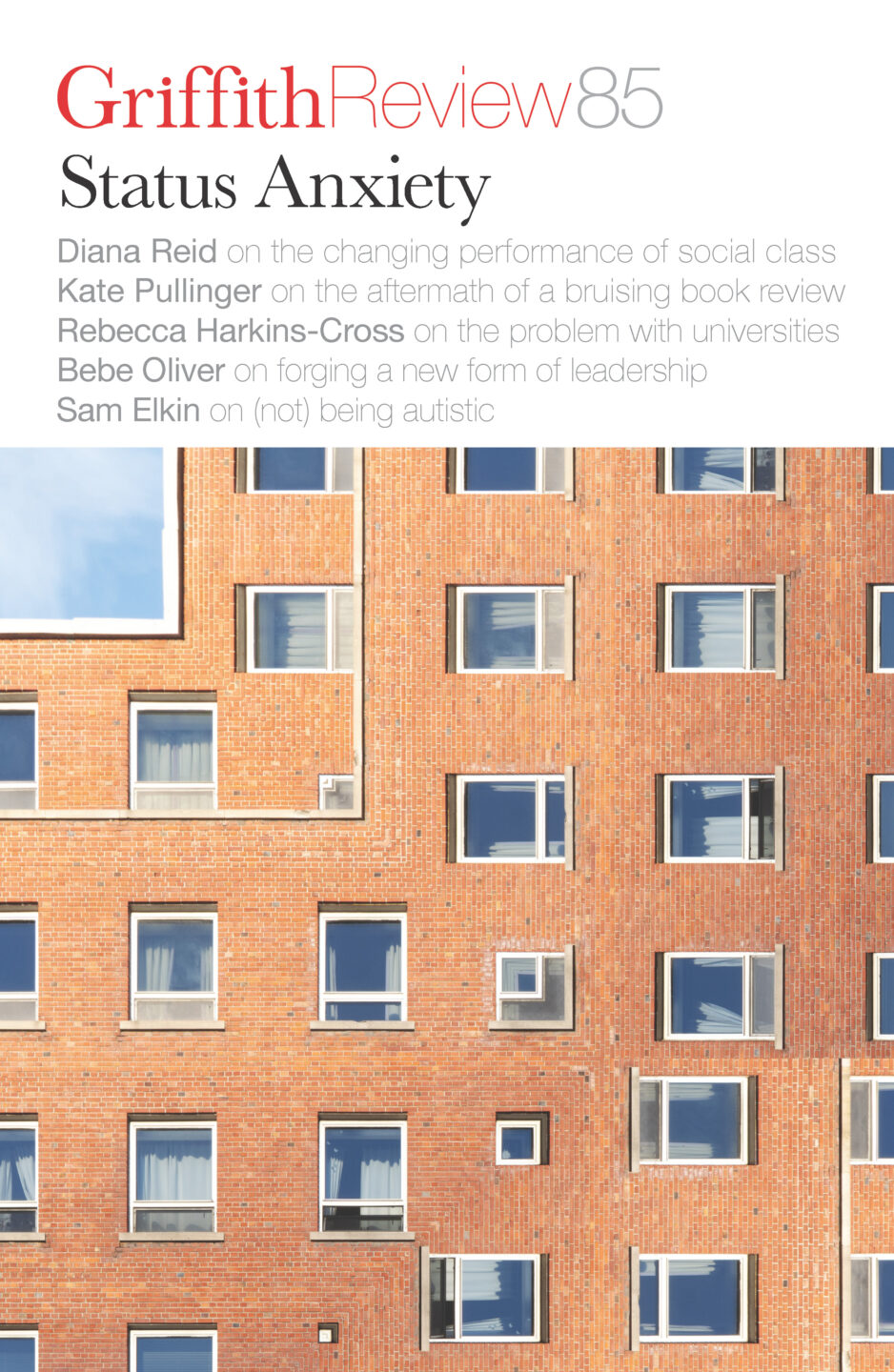Radioactive fallout
Negotiating Japan’s fraught relationship with nuclear power
Featured in

- Published 20240806
- ISBN: 978-1-922212-98-6
- Extent: 216pp
- Paperback, ePUB, PDF


Already a subscriber? Sign in here
If you are an educator or student wishing to access content for study purposes please contact us at griffithreview@griffith.edu.au
Share article
About the author

Haruko Koga
Haruko Koga is an emerging writer currently working on her first novel. Born and raised in Japan, she worked as a writer specialising in...
More from this edition

The great divide
In ConversationIn the ’80s, and maybe the early ’90s, fashion was a political statement just like art was…and real art wasn’t about selling out or succeeding in a mainstream context; it was the opposite. The whole idea was that you didn’t want to conform. Anyone who was trying to make money off your art or helping you make money was corrupt or compromised. The last thing you did as an artist or a writer in the ’80s was self-publicise – it was so naff, it wasn’t done. Street cred was what mattered. And I’ve been watching, with social media and the internet, this 180-degree shift over the last few decades.

The Juansons
FictionIn the morning, she walks over to the Johnsons’ place and knocks on the door. Nothing. She calls the police, but once the officer on the phone understands that Norma is not the boy’s kin, he brushes her off. She makes coffee and goes into the living room and turns on CNN. A banner across the top of the screen reads: INSTANT E-DEPORTATIONS ACROSS US.

Finding the right phenotype
Non-fictionAs a recently diagnosed transgender person, I was already part of a highly online, over-educated and underemployed cohort, routinely blamed for stifling free speech as well as both maintaining the gender binary and destroying it. The alt-right discourse was already aflame, decrying the social scourge of everyone wanting to be seen as a ‘special snowflake’ and the creeping ‘politics of victimhood’. Did I really need to inhabit a second suspect identity? Did I need another personal attribute I felt deeply ambivalent about to become a public part of my persona?